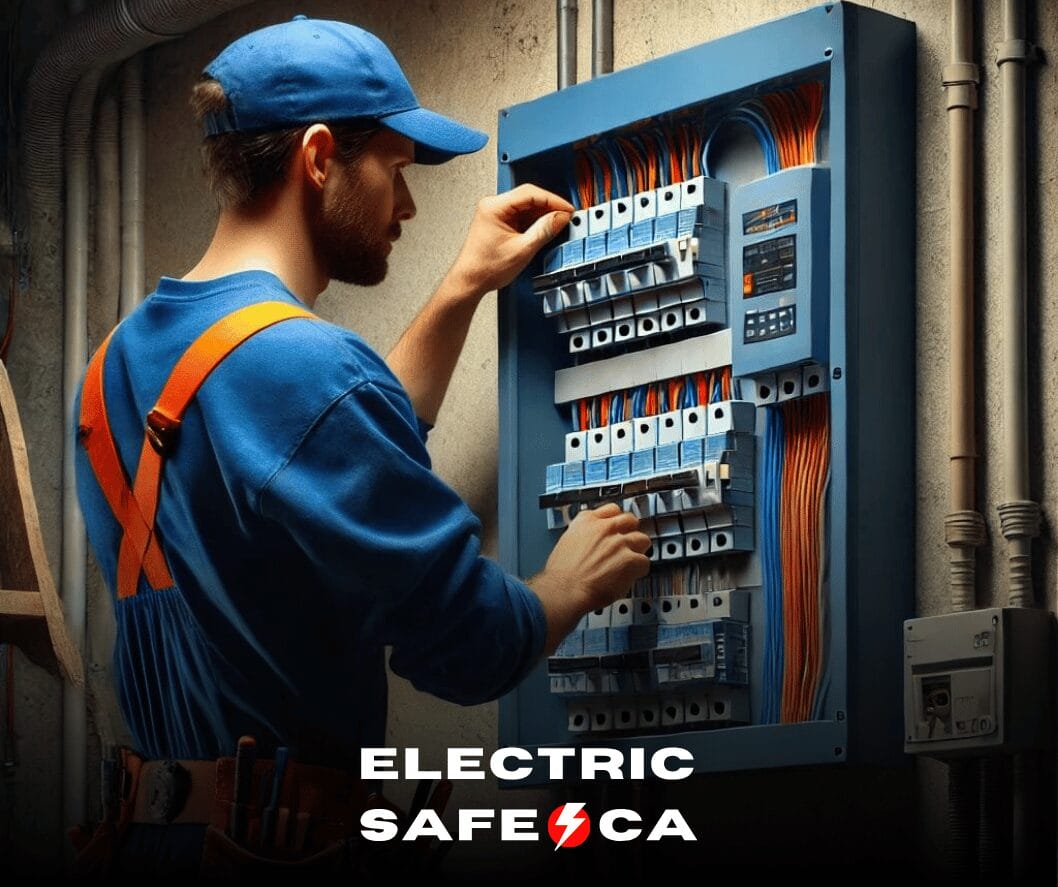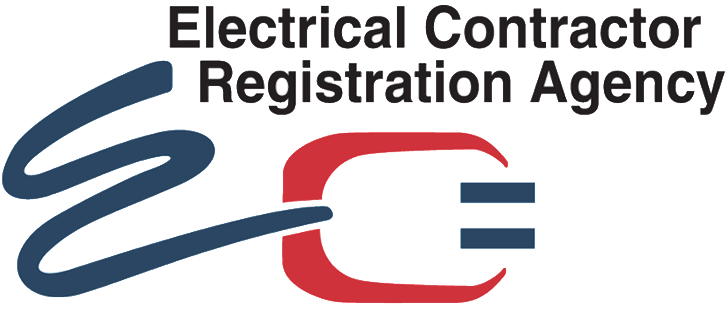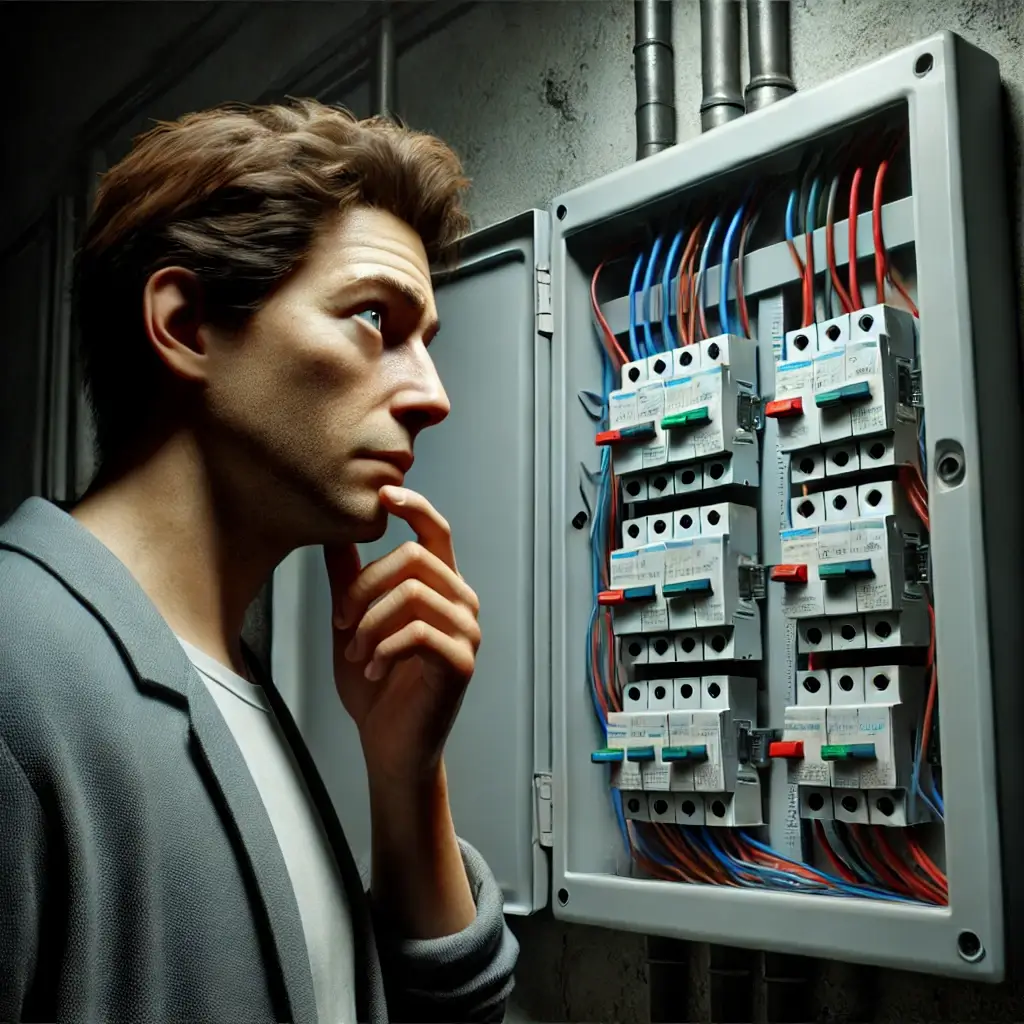Electrical Panel Upgrades
Why upgrade your electrical panel with us, Hamilton?

Electrical panel upgrades with ElectricSafe
- Certified electricians: our master electricians pride themselves on the highest quality electrical work and stay current with industry standards and licensing.
- Quality materials: we use Canada’s best panels for fuse box replacement. That’s it.
- Customers first: your home is important to us. That’s why we offer the right electrical panel replacement and guide you each step of the process.
- Affordable pricing: there are never any hidden fees. Just clear, competitively priced electrical panel upgrades.
- Locally trusted: our reputation in the Greater Hamilton Area is second to none. Just check out our reviews.



Benefits of Electrical Panel Upgrades
Whatever the case, electrical panel replacements are beneficial in many ways.
Electrical Panel Replacements are ESA Approved
Old circuit breaker panels can pose huge safety risks, such as electrical fires. Our electrical panel upgrades will comply with the latest safety standards and regulations.
Higher Electrical Capacity from Electrical Panel Upgrades
As we add to Hamilton family homes, the demand on electrical systems increases. Upgrading to a 200 amp service will help and prevent overloads.
Better Energy Efficiency
Installing a new electric panel or panel replacement will improve efficiency, reduce waste, lower energy bills and provide additional room for further upgrades to your home.
How to know when it’s time for an electrical panel upgrade
Prequalifying questions for electrical panel upgrades
Is your electrical panel full?
Do you have warm outlets or switches?
Do your lights flicker or dim like it’s Christmas?
This is not a sign of a spirit, either. Flickering lights are usually a sign of an erratic supply of electricity.
Are you blowing your fuses on the regular?
‘Honey, the fuse blew again’ is an annoying sign that your electrical panel needs an upgrade.
Hearing crackling or fuzzy sounds from your breaker panel or fuse box?
It kind of sounds like fire and it’s a serious warning that could lead to, well, a fire. If you’re experiencing anything like this, call us right away–there’s no charge.
Did you answer ‘yes’ to any of these questions?




Electrical Panel Upgrade Services
100 Amp Panel Replacement
Upgrade to 200 Amp Service
400 Amp Panel Upgrades
400 amp panel service can be appropriate for large homes with multiple air conditioning systems, workshops, pools, and detached garages. Installing a panel that meets your lifestyle will help you save on energy costs through efficiency.
600 Amp Panel Installation
Subpanel Installation
Frequently asked questions about electrical panel installations
How do I know if my electrical panel needs to be replaced?
Some warning signs that your electrical panel may need to be replaced include circuit breaker trips, flickering lights in your home, a burning smell (this is an emergency), or a warm panel. Also, your panel should be inspected if its more than 25 years old.
What’s the difference between a fuse panel and a circuit breaker panel?
Fuse panels are no longer recommended. They use fuses that have to be replaced once they blow. Circuit breaker panels (more modern units) use switches that can be flicked back on and reset. Circuit breakers are more far more convenient and offer better protection against overloads.
When should I consider adding a subpanel?
Consider adding a subpanel when your main electric panel is full, and you need more circuits or load. It's also a good idea if you're installing a hot tub, pool, or home addition because it helps distribute the electricity load better.
Can I install a subpanel myself?
We wouldn’t recommend it! It's highly advised to have a licensed electrician install a subpanel–you want to make sure that it meets the Ontario code and safety standards. An installation mistake can be seriously dangerous, especially when removing wires.
What are the benefits of upgrading to a 200 amp service?
Upgrading to a 200 amp service provides more electrical capacity, usually better safety, generates less heat, and allows you the freedom for upgrades and expansions later.
How much does it cost to upgrade an electrical panel?
There are quite a few variables like the size, make, and model of the panel, as well as the area of installation, and the cost can vary greatly, typically ranging from $1,500 to $3,500. Learn more about the cost of upgrading an electrical panel.
How long does it take to replace an electrical panel?
We'll need to contact your utility company, but you’ll have a new panel installed and inspected in less than a day. If all goes well, a typical replacement takes between 4 to 8 hours, but every installation is unique.
Are there any safety benefits to upgrading my electrical panel?
Absolutely! Upgrading your electrical panel will reduce the risk of electrical fires, improve your system's reliability, and comply with current safety standards.
